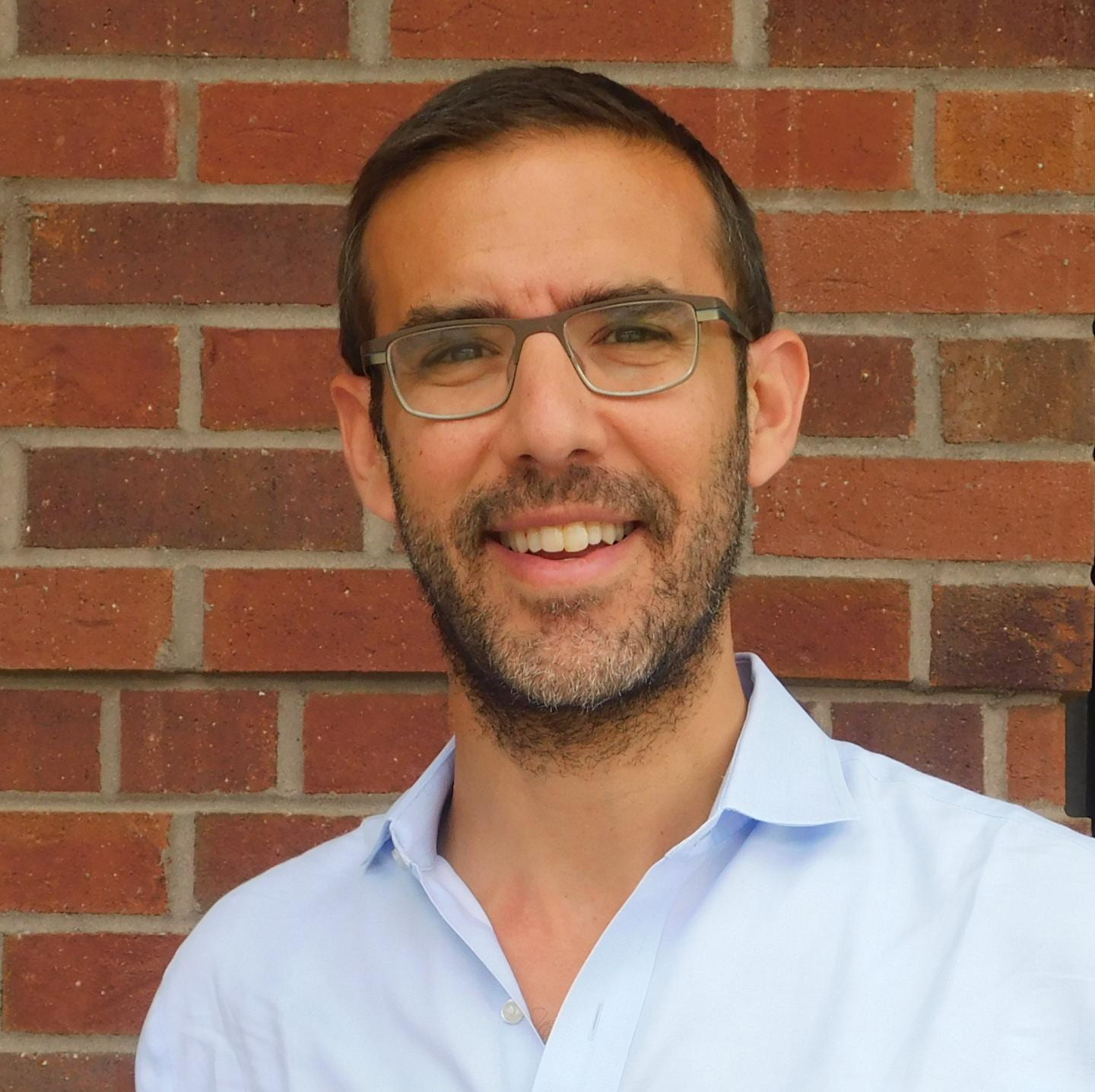
Aug 01, 2022
Viruses play an important role in shaping both environmental and human health. School of Biological Sciences Professor and Tom and Marie Patton Chair Joshua Weitz has long used theory, computational modeling, and model-data integration to understand how viruses influence the dynamics of individual hosts, populations, and ecosystems.
Weitz – who has courtesy appointments in the School of Physics and the School of Electrical and Computer Engineering, serves as the founding director of the Quantitative Biosciences graduate program, and holds the Blaise Pascal Chair at the Institut d’Biologie of the École Normale Supérieure in Paris until 2023 – will continue building on his research in quantitative viral dynamics via a Simons Investigator award in the area of theoretical physics in life sciences.
“Joshua Weitz has made tremendous public and scholarly contributions by applying principles of physics to biological problems,” shared Todd Streelman, professor and chair of the School of Biological Sciences, and Michael Schatz, interim chair and professor in the School of Physics, in their letter to nominate Weitz for the award. “The Simons Investigator award will provide resources to accelerate his trajectory and advance his research on virus dynamics.”
Appointed by the Simons Foundation, a private philanthropic foundation supporting “discovery-driven” research, Simons Investigators are “outstanding theoretical scientists” chosen from a list of nominees. With $100,000 per year of support for five years, the Foundation enables Simons Investigators to “undertake the long-term study of fundamental questions.”
“The nomination from the School of Physics and the School of Biological Sciences speaks to what Weitz’s group, and Georgia Tech in general, do well — fundamental research at the boundaries,” said Streelman. “It is clear that human health depends strongly on environmental health. Joshua’s group does agenda-setting research in this sphere, and this award is apt recognition.”
Small and Mighty
“Viruses infect a diversity of hosts – this diversity is both fascinating and daunting,” Weitz shared. “Our group uses a combination of theory, computational modeling, and model-data integration to understand virus impacts on microbes, populations, and ecosystem functioning. We strive to identify principles that transcend particular systems while also leveraging our findings to advance key areas where viruses of microbes could have a transformative effect on health, including phage therapy and marine ecosystem functioning.”
Understanding the dynamics of marine microbes and viruses is a central area of focus for Weitz’s group, which works collaboratively with a global network of microbiologists, virologists, and oceanographers to learn more about an often-hidden component of marine life.
“Marine viruses are ubiquitous; precisely because they are so abundant and diverse it is essential to use theory and modeling as a means to link processes at vastly different
scales – to understand how viruses transform cellular life in the global oceans and understand how the cascading effects of viral infection might change in a changing climate,” Weitz explained.
Along with research on microbial and viral ecology, Weitz and his team have used their expertise to study the dynamics of infectious diseases, including Coronavirus Disease (Covid-19).
Weitz’s work in infectious disease dynamics has emphasized the translation of epidemic principles to mitigate and control spread. Notably, in mid-2020, Weitz led an interdisciplinary collaboration to develop and release the Covid-19 Event Risk Assessment Planning Tool, allowing individuals to assess Covid-19 exposure risk in counties across the U.S. and around the world. Since its release, more than 16 million visitors have made upwards of 60 million risk predictions using the planning tool online – helping individuals assess their risk in crowded indoor spaces and encouraging them to take preemptive steps to reduce their risk of exposure and infection. Weitz was also a co-lead of the scientific team that organized Georgia Tech’s asymptomatic testing program beginning in August 2020.
“Joshua’s public service during the Covid pandemic has had tremendous impact locally, nationally, and globally,” said Schatz and Streelman.
“The [Simons Investigator] research support is catalytic,” Weitz added, “enabling support of early career training needs and collaborations in our interdisciplinary group while reducing barriers to taking on fundamental challenges spanning both viral ecology and epidemiology.”
“I am excited about the additional freedom this sustained support provides to work across disciplines,” Weitz said, “to understand the emergence and consequences of diverse virus-host interactions for human and environmental health.”